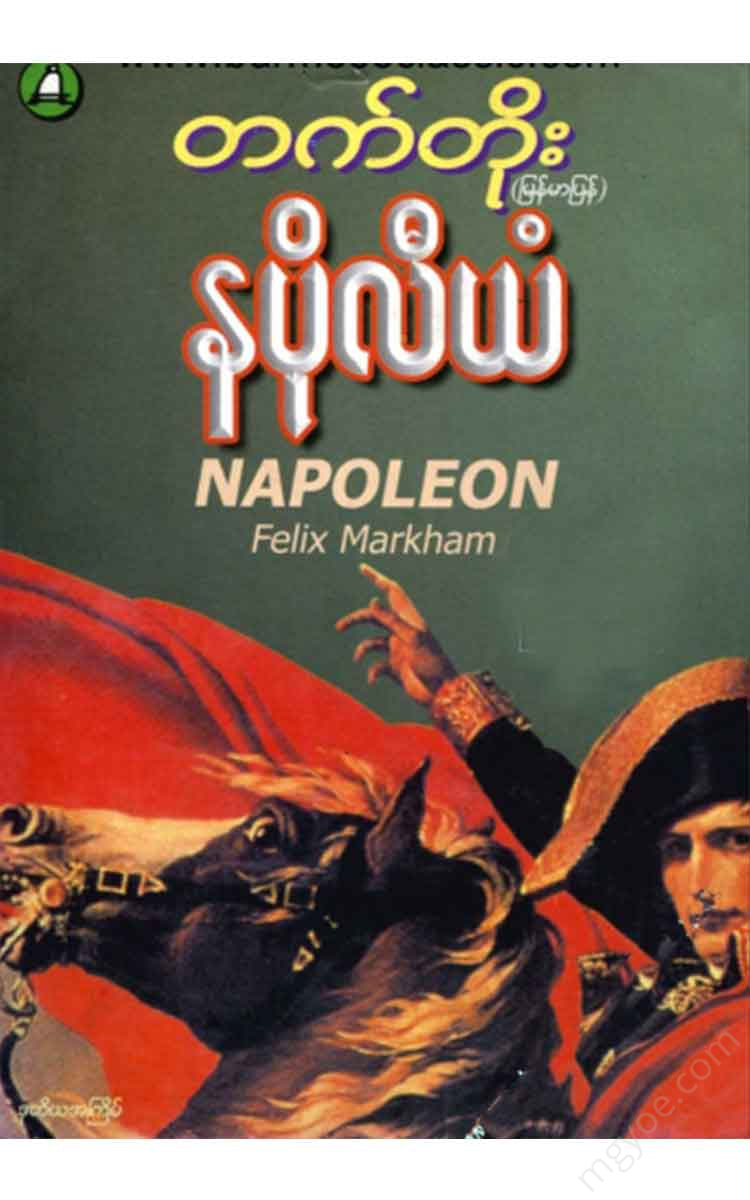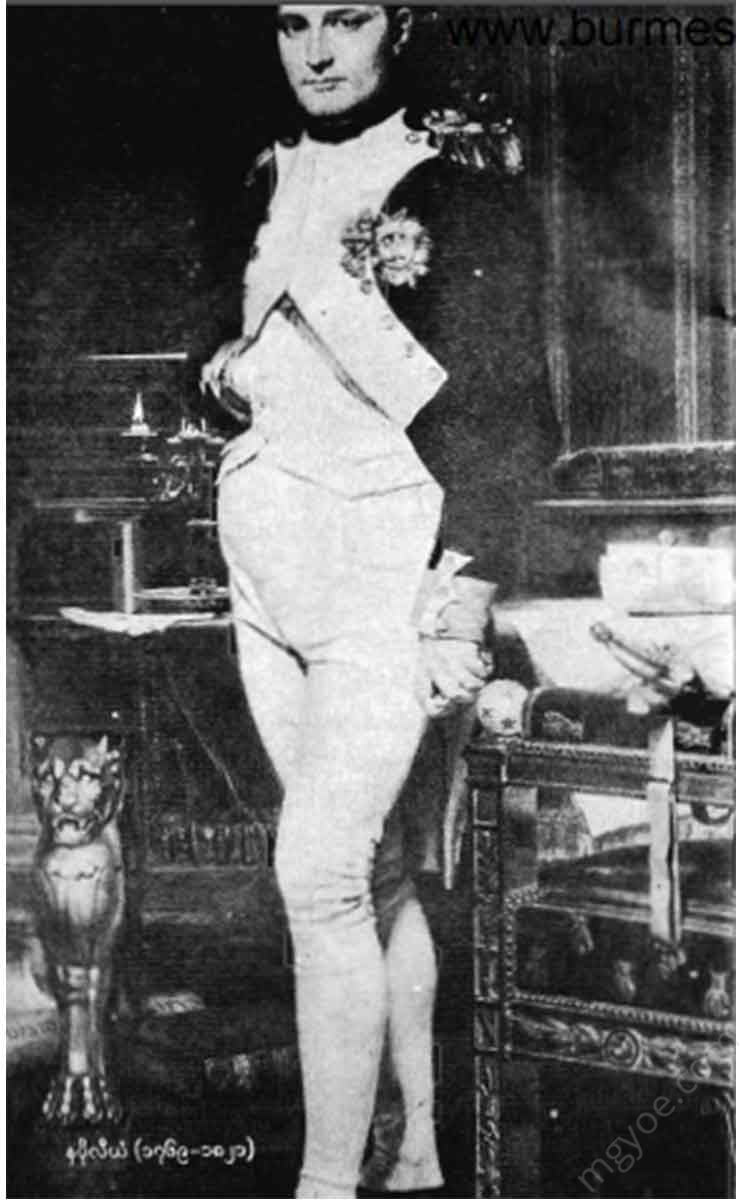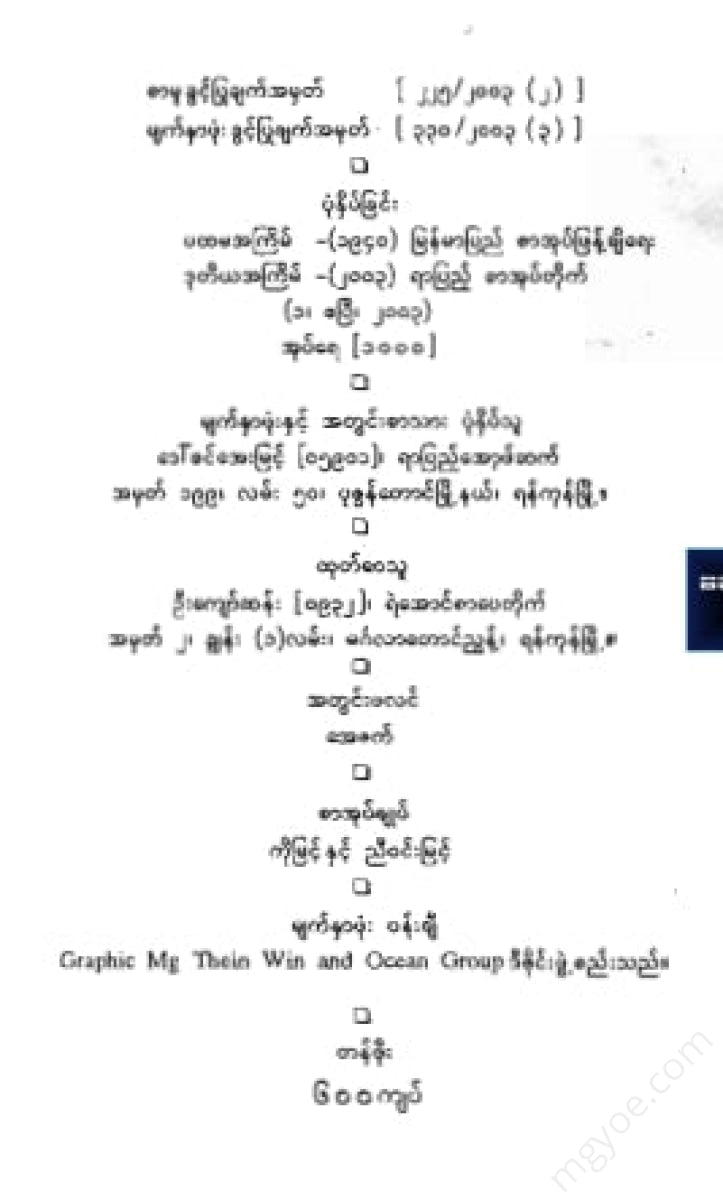Other Websites
Tattoo - Napoleon
Tattoo - Napoleon
Couldn't load pickup availability
:: Click on Buy it now to download the ebook . After placing your free order, the download link will be sent to the reader's email address used to log in to the mgyoe.com website.
:: The Ebook (Free) books on mgyoe.com are books that have been circulating on the internet for a long time.
:: It is just a compilation so that readers can easily find it when they want to read it.
:: If reprinted by libraries, the download links for these e-books will be removed.
A young and beautiful girl holds her baby in her arms.
She was sitting in a tent with her baby in her arms. She was breastfeeding her baby and listening to the sound of cannons rolling slowly from a distance outside the tent. The cannons were roaring and roaring, and they sounded like thunder. The young mother listened to the loud roars and wondered. Was it thunder or the sound of the forest, or cannons or the wind? Her appearance resembled that of a “gypsy” who often wandered from place to place. She had a small blanket draped over her upper chest. At that moment, she heard the sound of horses’ hooves outside the tent. “They,” she said, “will they come back?” But the journey to the battlefield where she was supposed to be was far away. The snow had also begun to melt.
The leaves at the entrance of the tent opened. The night wind blew into the tent, blowing a chill through it. A man entered. The man was about half-aged and dressed in military uniform. He was a thin, slender man of the lower class. He greeted the waiting woman with a smile. The woman handed her baby to the nurse nearby and got up to bring her husband some sweet wine. She removed the handkerchief tied around her head and
She stood before her lover. On the tip of her thin, red, lovely lips lay an unspoken question. Her cheekbones seemed strong. She had a strong appearance. She was a strong person by birth. The people of Corsica, a small island in the sea, not far from Italy, have been strong and robust for generations.
The Corsican people stood together in defense of their world enemy, France. The young mother mentioned above, though only nineteen years old, accompanied her beloved husband to the war for Corsica's independence. From the military camp, she prayed for the victory of her husband and country, nursing her baby, and waiting for his return.
The husband told him the full story of the war. The enemy had been defeated. They were pushing the enemy to the seashore, and the enemy was in a position where there was no escape.
"Tomorrow, the war will be temporarily suspended. Letizia has won. Corsica will be free."
The Corsicans are concerned only with increasing their population. They know that if their population is small, they will be subject to all kinds of foreign oppression and their race will gradually fade away. Our young officer also wants many children. His wife was only fifteen years old when she married him. The little boy she now has is her firstborn.
The bodyguard of the country's leader, Paoli, Major Kale, looked at his wife and child and spoke with joy.
"Our children will no longer be slaves to France..."
---
Spring has not come as usual, but has brought with it a sense of unease. The French enemy has increased its military strength and is threatening Corsica's independence. The Corsicans have also taken up arms in the fight for independence. The young Major of the Guard has also gone out to the battlefield with his wife. At that moment, the wife is pregnant. It is the same fetus that was conceived in the previous autumn war.
Fate looked with a gloomy face on the Corsicans who were fighting for their freedom. The French crushed the Corsicans, and the freedom fighters were forced to flee. Among the men and women who retreated through the dense forest, Letizia, carrying a one-year-old son in her arms, followed them on a donkey. They arrived at the beach in peace. In June, the defeated leader Paoli and more than a hundred loyal followers fled to the "Tali". In July, Paoli's bodyguard Letizia's beloved husband, along with others, surrendered to the victors. The Corsicans, who had left their country's pride behind, were left in despair. In August, the wife of Paoli's bodyguard, Major Kale, gave birth to a son who would avenge the French, their enemy, who had crushed the pride of the Corsicans.
The child was called "Napoleon."
The shy, quiet boy was born with a grudge against France. Even while studying at a school in Paris, the capital of the Corsican master, France, he never got along with his enemy children. The French children also considered this Corsican child to be a slave.
Napoleon, who wanted to take revenge on the French for having crushed Corsica and reduced it to slavery, did not treat the French with medicine, but with books. The books he read were the autobiographies of the great Roman martyrs written by the writer "Plutus". He used to meditate on these great martyrs. He only imagined the martyrdom of the great Roman martyrs and thought of doing such martyrdom.
He was secretly angry with his father every time he remembered his birthplace, Corsica. Why did his father sign a treaty with the French and surrender? He was angry. He was determined to get all the benefits he could from the king who had sponsored his education and, when he was finished, to fight his benefactor. While he was at school, he studied as much as he could about the political knowledge that was the basis of Corsica's independence. He read books by the great French writer Zolatier, books by Roseau, and the book on the independence of Corsica written by the late King of Prussia.
At the age of sixteen, Napoleon became a "sub-lieutenant" at the Military Academy. He thought this when he first strapped his sword to his belt.
"The belt where the sword is fastened belongs to France. The blade belongs to me."
After he had learned the art of war and passed the examination with distinction, he was sent to the army in Balin. He had to walk almost the entire way to reach the city. The reason was obvious. He had little money.
His parents were of the upper class in Corsica. But they had no substance, only appearance. As he was carrying a kind of horse, a narrow road, to Valence, he had three great plans in mind.
The first idea was to use all the horses and cattle he wanted, despite his hatred of his French friends. The second idea was to save himself from the hardships of lack of money. The third idea was to rule over everyone. He led the Corsican struggle for independence and always intended to rule Corsica after it had won its independence.
Then, France was shaken by the tyranny of the bourgeoisie, the weakness and stupidity of the king, and the extreme poverty of the poor, resulting in the French Revolution, a great event recorded in world history.
He came.
Napoleon, who had been involved in the French Revolution, gradually rose through the ranks as he demonstrated his abilities, eventually becoming the commander-in-chief of the French People's Army.
After France had overthrown the king and overthrown the monarchy, and was in a state of instability, the army became the only reliable source of support and was ruled by the army. Napoleon was made the dictator of the country. He wanted to rule the country without a king and with a system of dictatorship, but Napoleon, due to his growing power, no longer wanted to accept the title of president or dictator, but took the title of emperor.
Napoleon the First became Emperor.





